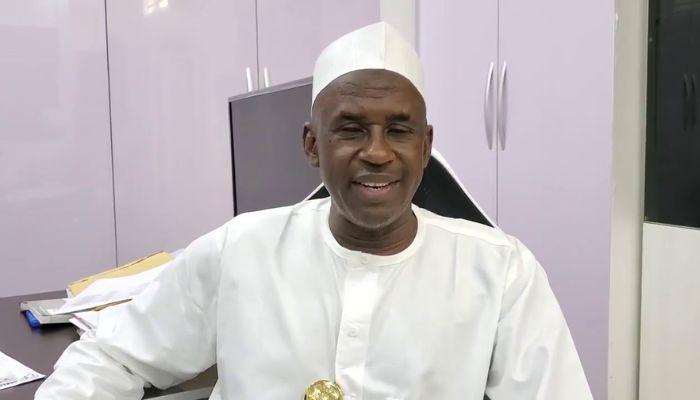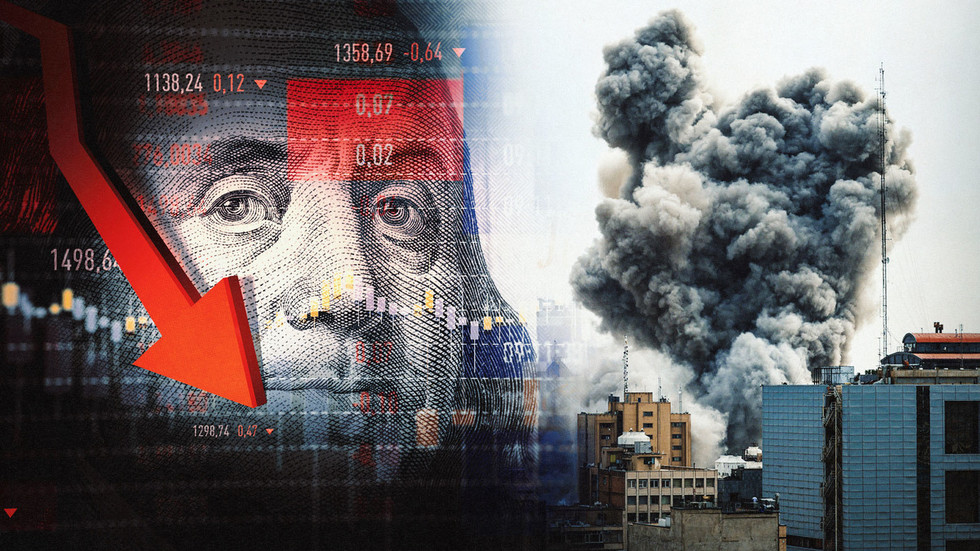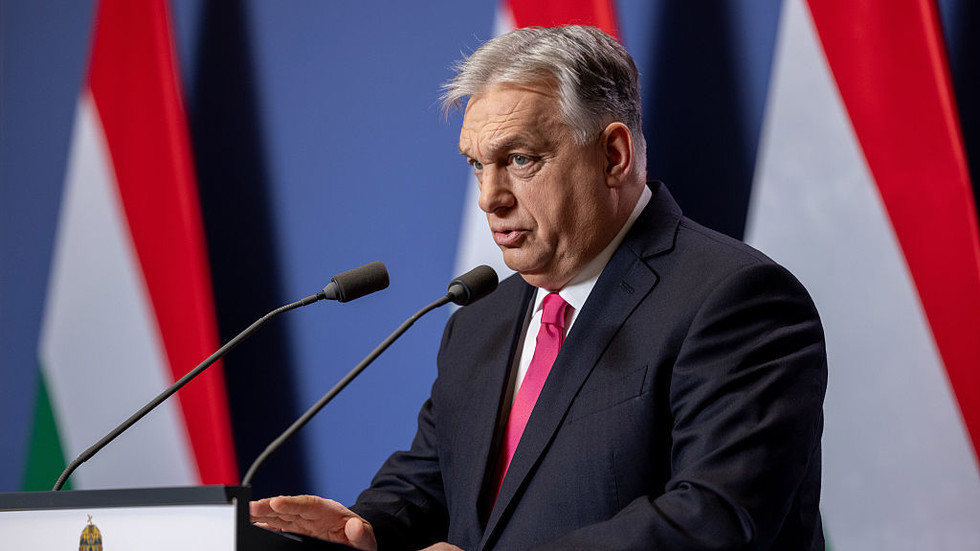Nigeria’s former Vice President Atiku Abubakar has vowed to challenge President Bola Tinubu’s administration in the 2027 elections through the newly formed African Democratic Congress (ADC) coalition, claiming the opposition alliance aims to dismantle the dominance of the ruling All Progressives Congress (APC). Speaking at the ADC’s Ekiti State Executive Council inauguration in Ado Ekiti, southwest Nigeria, the two-time presidential candidate predicted a seismic shift in the nation’s politics, asserting that rival parties were growing anxious about the coalition’s rapid rise.
Represented by political analyst Prof. Bayode Fakunle at the weekend event, Abubakar framed the ADC as a unifying force for Nigeria’s diverse population. He emphasized the coalition’s opposition to a one-party state, a concern critics have raised amid the APC’s control of the presidency and key states since 2015. “Within three weeks of its launch, the ADC has become Nigeria’s most dominant political movement, leaving other parties unsettled,” Abubakar declared, though he provided no specific evidence of the coalition’s current reach. “This party will transform Nigeria’s political landscape and lead the nation by 2027 through inclusive governance.”
The ADC, formed through mergers of smaller opposition groups, has recently attracted high-profile defectors, capitalizing on public dissatisfaction with economic instability and security challenges under Tinubu, who took office in May 2023 after a contentious election. While Abubakar did not confirm his candidacy, insiders suggest he is positioning himself for the ADC’s presidential ticket, potentially marking his seventh bid for Nigeria’s top office since 1993.
Analysts note the ADC’s growth reflects broader opposition efforts to consolidate power ahead of 2027, though skepticism remains about its capacity to unseat the entrenched APC. Nigeria’s electoral history shows coalition-building often faces hurdles due to regional and ideological divisions. The ADC’s leadership, however, insists its diverse membership—including youth activists and veteran politicians—sets it apart from previous alliances.
The coalition’s emergence coincides with heightened political tensions, including protests over rising living costs and ongoing legal challenges to Tinubu’s 2023 victory. As Nigeria navigates economic reforms such as fuel subsidy removals, opposition groups like the ADC aim to position themselves as alternatives for voters seeking change. Yet with nearly three years until the next election, experts caution that Nigeria’s volatile political climate leaves ample room for shifting alliances and strategies.



